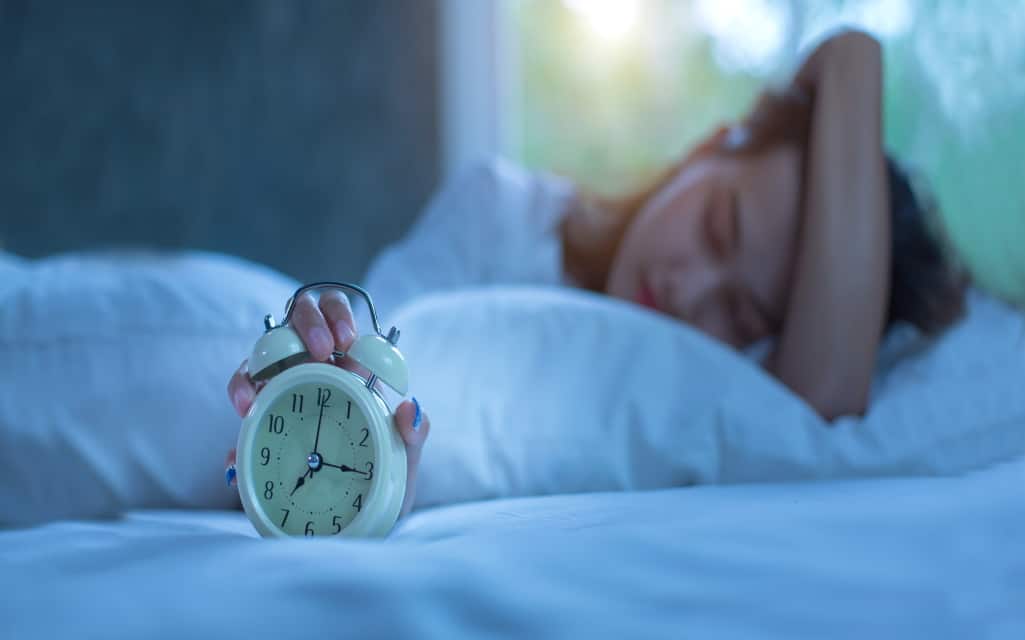Getting a good night’s sleep is not only essential for your mood and energy levels, but it is also critical for your health and overall wellness. When you are tired, it can be hard to function at the highest level. Try these simple hacks to improve the quality of your sleep and build healthy sleeping habits.
1) Get plenty of exercises.
There are plenty of benefits to getting a good amount of exercise; heart health, improved cardio capabilities, mood enhancement. But did you know that getting enough exercise will also help you sleep better? According to the National Sleep Foundation, Cardio such as running, walking, biking or swimming, Strength and Conditioning like push=ups, squats, sit-ups or any other muscle-building activity, and calming and relaxing Yoga are the best types of exercise to help with sleep. It shouldn’t matter what time of day you choose to work-out, simply ensuring that you get your body moving at some point should be enough to improve your ability to fall and stay asleep. While 30-60 minutes of vigorous activity is recommended, even light activity for any length of time is better than none.
2) Pay attention to what you are eating and drinking.
Know what to stay away from as it gets closer to bedtime. Eating a heavy meal that is hard to digest right before bed won’t do you any favors. In fact, you should try to avoid meals like this for up to three hours before bed. But going to bed hungry isn’t good either, so experts suggest a light snack about an hour to 45 minutes before calling it a night. Avoid things that are too high in processed sugars, and choose fruits, nuts, or other proteins instead. Staying away from alcohol and stimulants such as caffeine as it gets closer to your bedtime is also recommended. Make sure you are well hydrated before you head to sleep, too.
3) Try a cooling blanket, pillow, or mattress cover.
The optimal temperature for most people to sleep comfortably is between 60-67 degrees Fahrenheit. Our body naturally cools down to start the sleep process, so helping it get to that optimal temperature quicker can be beneficial for your sleep. There is a wide range of products available such as pillows with cooling gel inserts, sheets that are proven to breathe better, mattress pads that, similar to the pillows, can control the temperature of your bed. You can also try a microfiber down alternative comforter in the summer, or, remove your comforter from your duvet and store it until the winter weather calls for more layers.
4) Use bright light to your advantage.
Help out your body’s natural circadian rhythm by exposing yourself to bright sunlight in the daytime hours, and avoiding bright lights as it gets closer to bedtime. This means making use of dimmer switches and avoiding too much screen time in the evening. Use of mobile phones, computers, television screens and other sources of artificial light could be a detriment to your body’s natural rhythm, tricking it into believing that you need to be alert and awake as you would in the daytime. If necessary, the use of blackout curtains or eye coverings could be a help in blocking out the light that is harmful to your sleep schedule.
5) Don’t force it.
If you are lying in bed staring at the ceiling, don’t try to force yourself to sleep. Stressing over the fact that you’re still not snoozing will only make it more challenging to shut down. If you are having a hard time falling asleep, try getting out of bed, going into another room, and partaking in an activity that will help you wind yourself down. Something relaxing like Yoga or reading is recommended, as they do not involve the use of electronics. It is recommended that you only use your bed for sleep, so leaving the room and only coming back to your bed when you feel as though you are ready to fall asleep can be helpful in building the association between your bed and a good night’s sleep



